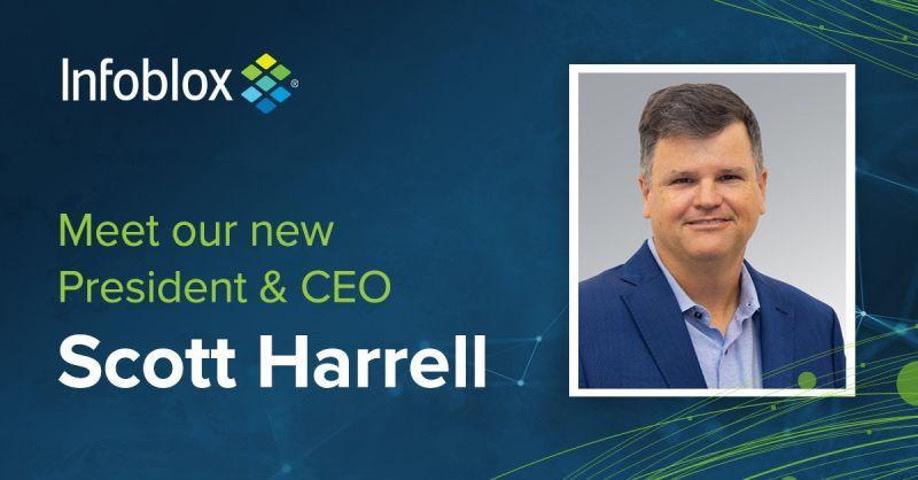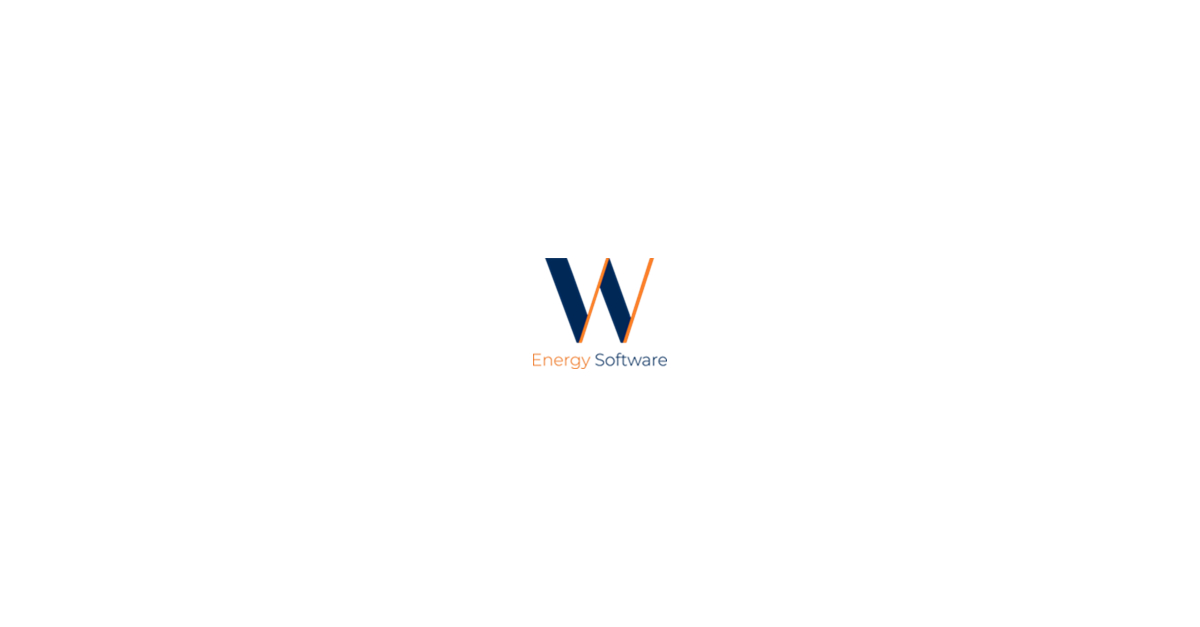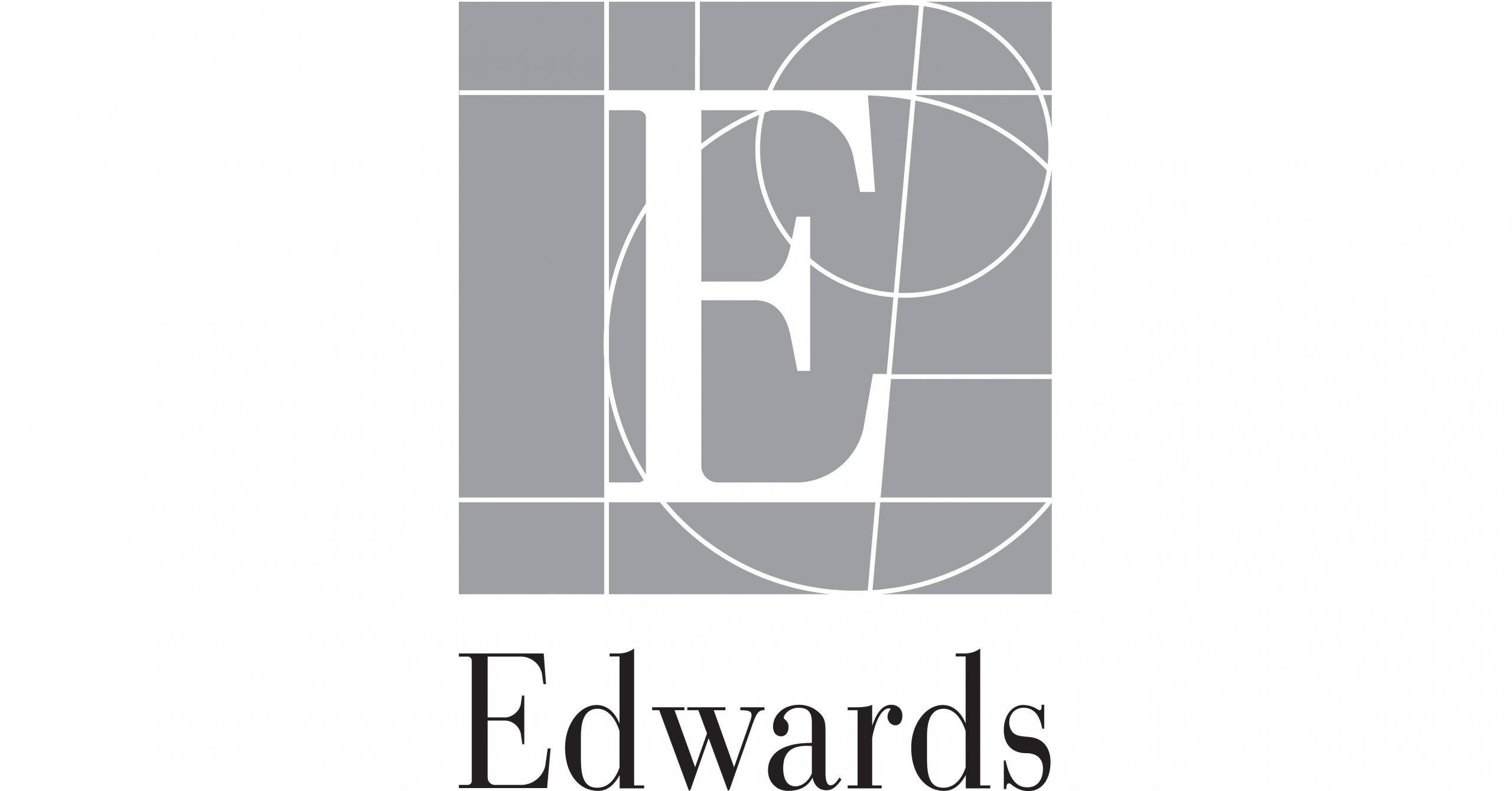A First Chat With New Infoblox President And CEO Scott Harrel

[ad_1]
One of the most exciting parts of my job, and there are many, is the opportunity to speak with CEOs, specifically CEOs that have just joined a new company. Many of us have experienced the all-hands meeting to introduce the new CEO. It often happens in the aftermath of difficult times for the company and comes with the hope of new beginnings. That is not the case with Infoblox; this was an orderly leadership succession in a company that is not a turnaround or trying to pull out of a tailspin. Infoblox is a company that appears to be firing on all cylinders and facing a bright future.
Scott Harrell is the new CEO of Infoblox following the retirement of Jesper Andersen. Before joining Infoblox, Scott was the Senior Vice President and General Manager for Cisco, overseeing the entire product portfolio and engineering teams across the enterprise, IoT and data center markets.
Infoblox, CEO, Scott Harrell
Infoblox – a great team and culture
My favorite question to ask new CEOs is, “why did you join this company?”
The response from Scott was understandably positive, but I sensed a genuine passion and excitement, which is vital in an all-consuming CEO position. He highlighted Infoblox as a well-run and organized company with a great team and culture. Scott has made a career in networking and security and noted that Infoblox is one of the few companies that are experts in both disciplines. Yes, many new CEOs say this, but one of the great part about being a former executive in your mid 50s like me is that I can perceive spin. There was no spin here.
In the Infoblox workforce, Scott was surprised to see a diversity of backgrounds and knowledge in security, networking, and software-as-a-service (SaaS). Having already held a review, Scott is also excited about the work in progress.
The transition from a classical on-premises solution into the SaaS world has been impressive, avoiding the many pitfalls and designing an incredibly thoughtful and robust platform. A tremendous foundation on which to drive growth and a testament to solid engineering capability.
The combination of market position, culture, expertise, and the opportunity in the networking and security space, was an exciting opportunity Scott could not turn down.
Helping customers control and secure networks
Infoblox is a market leader in the DDI space (which is shorthand for integrating DNS, DHCP, and IPAM into a unified service). With 13,000 customers, the chances are high that many of you are beneficiaries of Infoblox technology without knowing it.
Infoblox connects the end user to any destination through a combination of different techniques, the Domain Name System (DNS) being the one that’s probably most known to people, as it is the phonebook of the Internet.
Infoblox also provides IP address management (IPAM). Connecting a network with a phone, tablet, or laptop needs an IP address. Today, everything from a coffee pot to an MRI machine has an IP address. IPAM is the administration of DNS and Dynamic Host Configuration Protocol (DHCP), which are the network services that assign and resolve IP addresses to machines in a TCP/IP network. IPAM is planning, tracking, and managing a network’s Internet Protocol address space.
Networking and security as a service
What has Scott most excited about Infoblox is the leadership in SaaS-based solutions. Infoblox has built a cloud-native networking and security services architecture called the BloxOne Platform to simplify the control and automation of DDI and security services via the cloud.
Running on the BloxOne Platform, BloxOne Threat Defence operates at the DNS level to identify threats and stop attacks earlier in the threat lifecycle.
Regular readers will know I am a strong supporter of the as-a-service movement, and applying networking and security to a SaaS deployment model makes perfect sense. In particular, a SaaS model that enables control across on-premises, public and private clouds through a single pane of glass.
DNS is commonly abused by cybercriminals
DNS services on-premises do not have global visibility and can not protect against threats in a hybrid multi-cloud environment. Cloud-enabled DNS Threat Defense provides greater visibility across the entire hybrid estate.
DNS is the primary vector for malware to communicate and is commonly used in phising, ransomware, and data exfiltration. DNSbased threat defenseisevent malicious attacks like phising and smishing and also prevent malware from communicating providing a robust first line of defense for users and machines alike. Unlike most security technologies DNS based threat defense is extremely simple to deploy and provides protection for both users and machines. DNS based protection can seamlessly follow the user from the office, to the coffee shop, to their home making it a great security technology for modern, hybrid enterprises. using the internetfrom phising, smishing, .
Securing core network services and leveraging the data should be foundational to everyone’s security architecture.
Wrapping up
I think the future looks bright for Scott and Infoblox.
Most Infoblox customers today are enterprises, many of the Fortune 500. That said, if a company has users and devices and anything more complex than a home network, then there is a need for an advanced solution such as Infoblox.
As the SaaS platform grows and matures, it will become more attractive to smaller companies. Many smaller companies have only a few IT resources, and DIY should not be an option when Infoblox can offer a platform based on twenty years of experience.
The world is becoming more distributed, with employees working from anywhere and infrastructure environments becoming hybrid and multi-cloud. Distributed environments are an incredible productivity enhancer for the business and developers – but a massive headache for the IT department placing stress on classical business processes. I’d like to see the company go after the DDI+ multi-cloud fabric space for a seamless experience regardless of where the infrastructure is.
Infoblox’s mix of on-premises and SaaS solutions and the ability to run them together in a single pane of glass for network management without any rip and replace will help companies migrate through this journey. Infoblox is super differentiated in this regard, solving a real customer problem.
As Infoblox continues to invest in next-generation cloud-first DDI management and security solutions and solve the increasing DNS management complexities and security challenges, I look forward to checking back with Scott on his first anniversary.
Moor Insights & Strategy, like all research and tech industry analyst firms, provides or has provided paid services to technology companies. These services include research, analysis, advising, consulting, benchmarking, acquisition matchmaking, and speaking sponsorships. The company has had or currently has paid business relationships with 8×8, Accenture, A10 Networks, Advanced Micro Devices, Amazon, Amazon Web Services, Ambient Scientific, Ampere Computing, Anuta Networks, Applied Brain Research, Applied Micro, Apstra, Arm, Aruba Networks (now HPE), Atom Computing, AT&T, Aura, Automation Anywhere, AWS, A-10 Strategies, Bitfusion, Blaize, Box, Broadcom, C3.AI, Calix, Cadence Systems, Campfire, Cisco Systems, Clear Software, Cloudera, Clumio, Cohesity, Cognitive Systems, CompuCom, Cradlepoint, CyberArk, Dell, Dell EMC, Dell Technologies, Diablo Technologies, Dialogue Group, Digital Optics, Dreamium Labs, D-Wave, Echelon, Ericsson, Extreme Networks, Five9, Flex, Foundries.io, Foxconn, Frame (now VMware), Fujitsu, Gen Z Consortium, Glue Networks, GlobalFoundries, Revolve (now Google), Google Cloud, Graphcore, Groq, Hiregenics, Hotwire Global, HP Inc., Hewlett Packard Enterprise, Honeywell, Huawei Technologies, IBM, Infinidat, Infoblox, Infosys, Inseego, IonQ, IonVR, Inseego, Infosys, Infiot, Intel, Interdigital, Jabil Circuit, Keysight, Konica Minolta, Lattice Semiconductor, Lenovo, Linux Foundation, Lightbits Labs, LogicMonitor, Luminar, MapBox, Marvell Technology, Mavenir, Marseille Inc, Mayfair Equity, Meraki (Cisco), Merck KGaA, Mesophere, Micron Technology, Microsoft, MiTEL, Mojo Networks, MongoDB, National Instruments, Neat, NetApp, Nightwatch, NOKIA, Nortek, Novumind, NVIDIA, Nutanix, Nuvia (now Qualcomm), onsemi, ONUG, OpenStack Foundation, Oracle, Palo Alto Networks, Panasas, Peraso, Pexip, Pixelworks, Plume Design, PlusAI, Poly (formerly Plantronics), Portworx, Pure Storage, Qualcomm, Quantinuum, Rackspace, Rambus, Rayvolt E-Bikes, Red Hat, Renesas, Residio, Samsung Electronics, Samsung Semi, SAP, SAS, Scale Computing, Schneider Electric, SiFive, Silver Peak (now Aruba-HPE), SkyWorks, SONY Optical Storage, Splunk, Springpath (now Cisco), Spirent, Splunk, Sprint (now T-Mobile), Stratus Technologies, Symantec, Synaptics, Syniverse, Synopsys, Tanium, Telesign,TE Connectivity, TensTorrent, Tobii Technology, Teradata,T-Mobile, Treasure Data, Twitter, Unity Technologies, UiPath, Verizon Communications, VAST Data, Ventana Micro Systems, Vidyo, VMware, Wave Computing, Wellsmith, Xilinx, Zayo, Zebra, Zededa, Zendesk, Zoho, Zoom, and Zscaler. Moor Insights & Strategy founder, CEO, and Chief Analyst Patrick Moorhead is an investor in dMY Technology Group Inc. VI, Dreamium Labs, Fivestone Partners, Frore Systems, Groq, MemryX, Movandi, Ventana Micro.
[ad_2]
Source link







